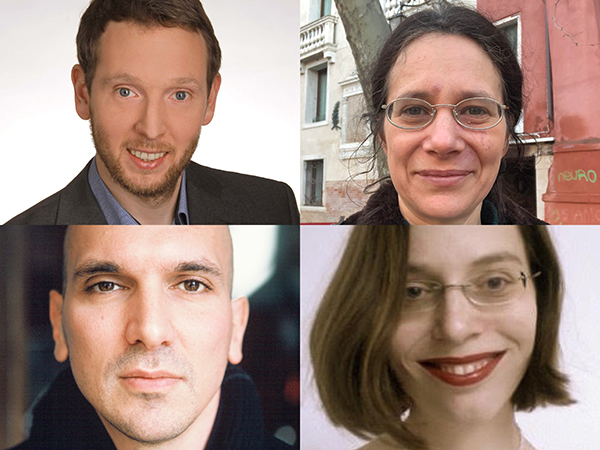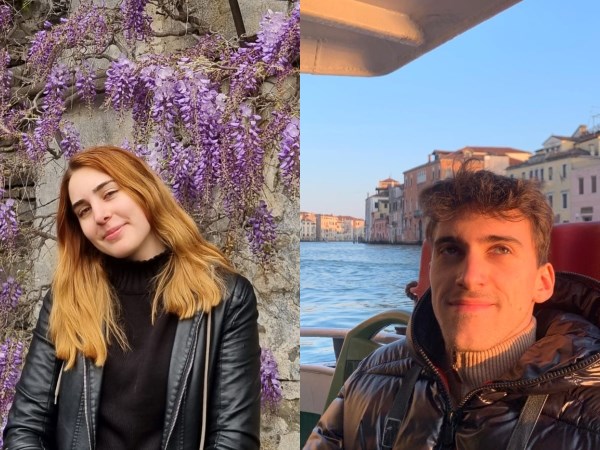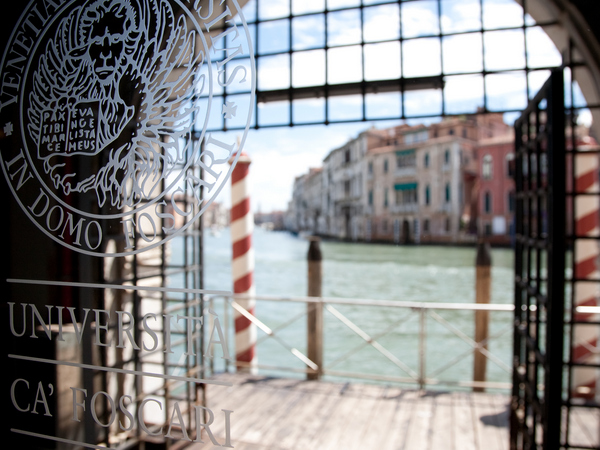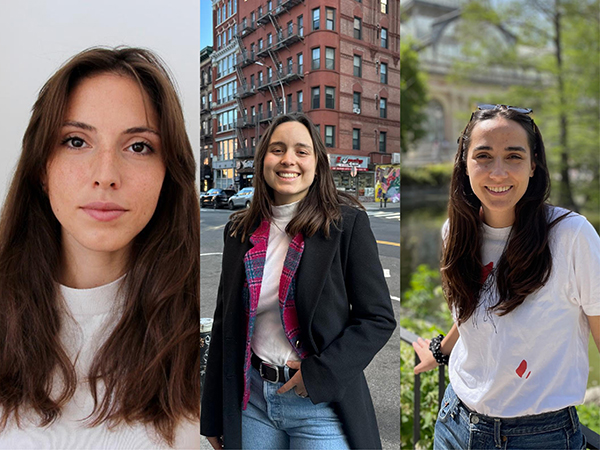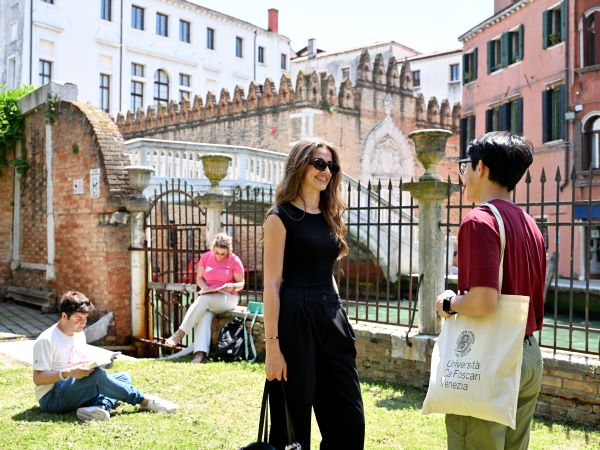Italy has won 21 of the “Consolidator Grants” awarded by the European Research Council of the European Commission, 10 more than the previous year and an all time record since the launch of the initiative, which supports high-level research projects and researchers of excellence.
Ca’ Foscari University of Venice has achieved the best results in the country, with 4 Consolidator Grants, for a total of more than 7 million euros in funds.
Two of the selected projects will contribute to the circulation of researchers, welcoming a German researcher to Italy and bringing back an Italian professor who is currently working in Germany.
The total number of ERC grants at Ca’ Foscari is now 23, 8 of which are international researchers that came to Italy and 6 are Italians who were welcomed back.
This is tangible proof of the University's achievements within European calls on excellence in research: since 2014, we are also the Italian academic institution with the highest number of Marie Sklodowska-Curie Individual Fellowships.
This type of funding is designed to help researchers whose careers have already started (they can apply to the funding scheme 7 years after receiving their PhD), to truly consolidate their research teams and allow them to carry out trailblazing research, while choosing both the topic of interest and the methodologies to employ.
The results of the call were announced earlier today: the ERC has selected 321 researchers from 37 countries, for a grand total of 657 million euros in funds from the Horizon Europe project.
The ERC estimates that these research projects will create about 1.950 new positions for PhD students, post-doc researchers and other roles in the hosting institutions.
Rector Tiziana Lippiello commented: “We feel very honoured and satisfied with this result, which further highlights the appeal and quality of our international and interdisciplinary research. Thanks to these funds, the recipients of the prestigious ERC Consolidator Grants will be able to come to Venice or to stay here. This achievement is important not only for us, but also for the whole Italian university system, which has clearly demonstrated its competitiveness and attractiveness in Europe and the world.
We are proud of these results and we will keep promoting the excellence in research.”
The subject areas of the projects at Ca’ Foscari will range from visual anthropology in South America and the history of Artificial Intelligence to innovative methods to analyse deep ice in Antarctica and communication in the Ancient Near East.
After receiving her PhD from the University of Manchester, Valentina Bonifacio is now a professor of Visual and Environmental Anthropology at the Ca’ Foscari Department of Humanities. She was also the recipient of a “Marie Skłodowska Curie” Fellowship, which brought her to South America.
A pioneer in the process to attract talents at Ca’ Foscari, Bonifacio was recruited in 2017 as a tenure track researcher, thanks to a “direct call” in connection with her Marie Curie experience.
In her ERC project “CowDom” she will carry out field research on the tight connection between humans and bovines in the evolution of South American society in different countries, using ethnographic tools and considering the post-colonial context.
Since 2019, Pascal Bohleber - PhD in Physics at the University of Heidelberg - has been a “Marie Skłodowska Curie” researcher at the Ca’ Foscari Department of Environmental Sciences, Informatics and Statistics, thanks to two consecutive financing rounds provided by the European Union and an additional year funded by the University (Marie Curie +1).
Bohleber focuses on high tech and innovative ways to analyse climate signals in deep ice cores. Thanks to this new project, he will apply A.I. tools to this type of analysis, with the aim of deciphering - with unprecedented detail - the information contained in deep ice from Antarctica, which will soon be extracted thanks to the international project Beyond Epica, thus uncovering crucial data on climate from a million and a half years ago.
Matteo Pasquinelli is a professor of Media Philosophy at the University of Arts and Design Karlsruhe, where he coordinates a research team on artificial intelligence. He authored several books on the history of algorithmic thinking. His ERC project identifies algorithmic modelling as the invention at the heart of automated learning. By analysing the history of the 20th century, his research will map out the co-evolution of technical and mental models, the creation of models and model thinking, instead of their equation and reduction like in the dominant paradigms of artificial intelligence.
Annick Payne is a Senior Researcher in Near East Languages at the Department of Archeology of the University of Bern. Her project will tackle the issue of communication between three Anatolian cultures - the Lydians, the Luwians and the Phrygians - who lived in neighbouring territories around the years 1200-546 BC and whose written works have been studied separately up until now.
This research will study the sources all together for the first time, using a semiotic and narratological approach to examine the structure, the meaning creation process, the communication and the dissemination. This will result in the collection of new data to understand ancient identities and the potential of cultural differences, bringing forth a method of analysis that can be applied to other cultures.
